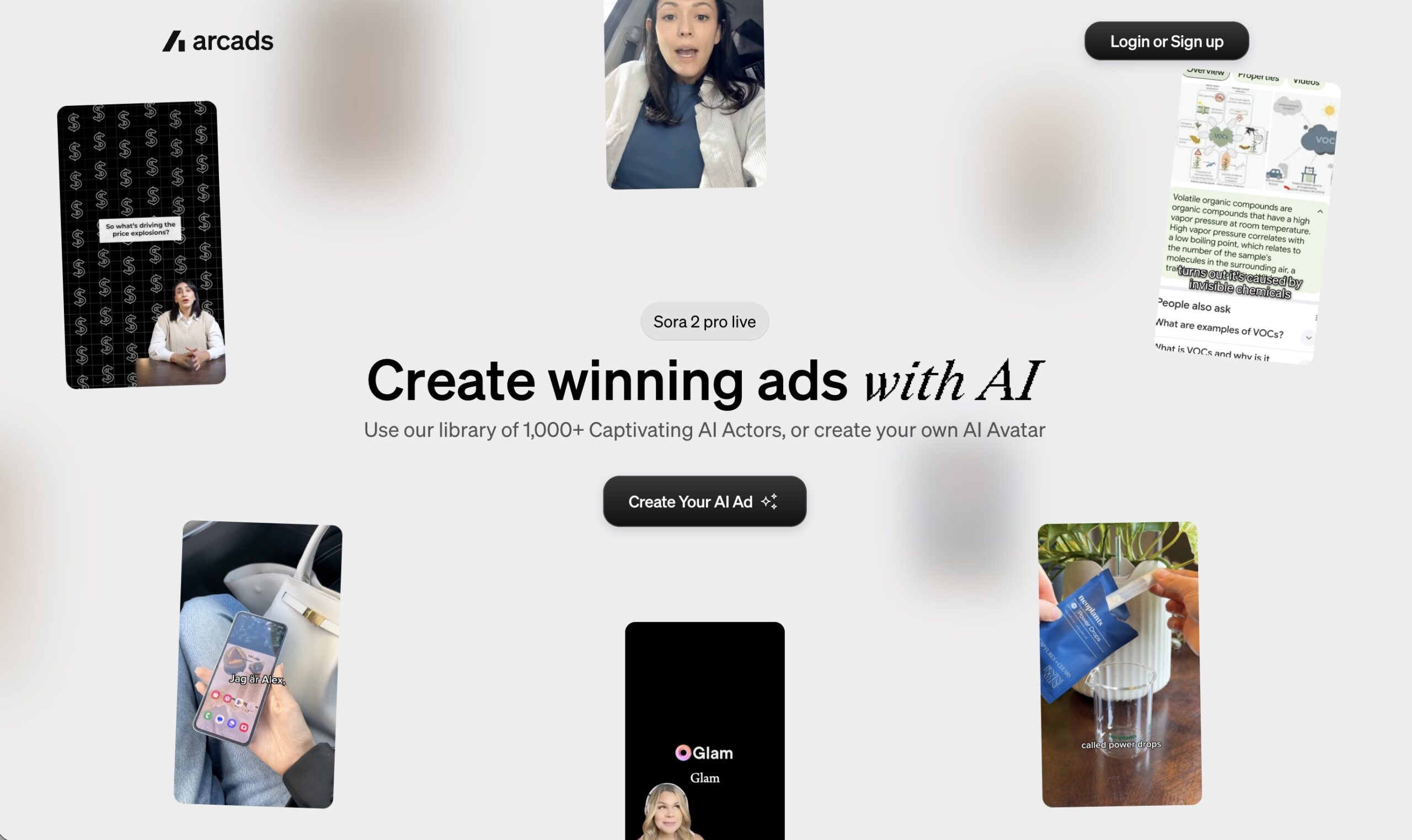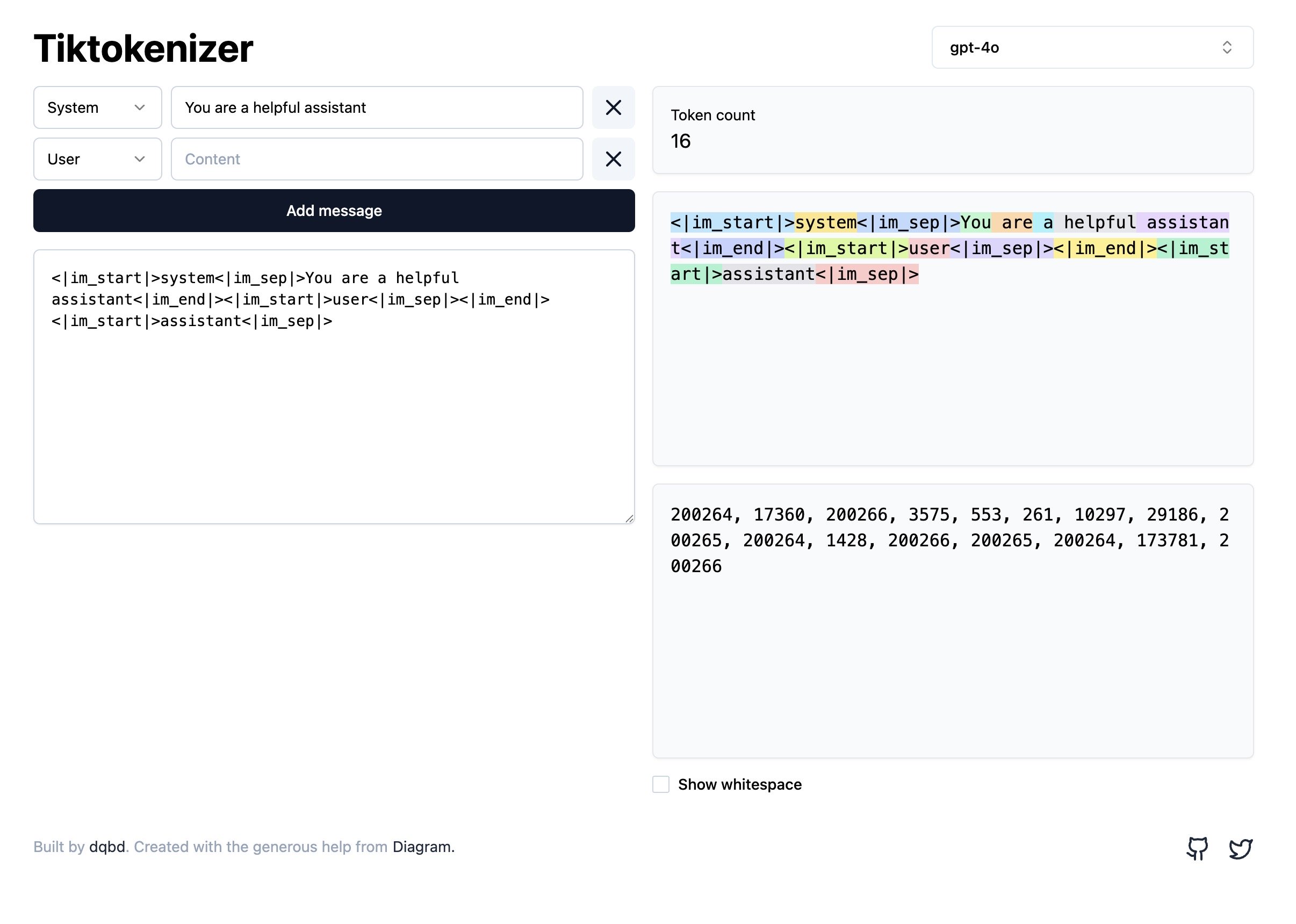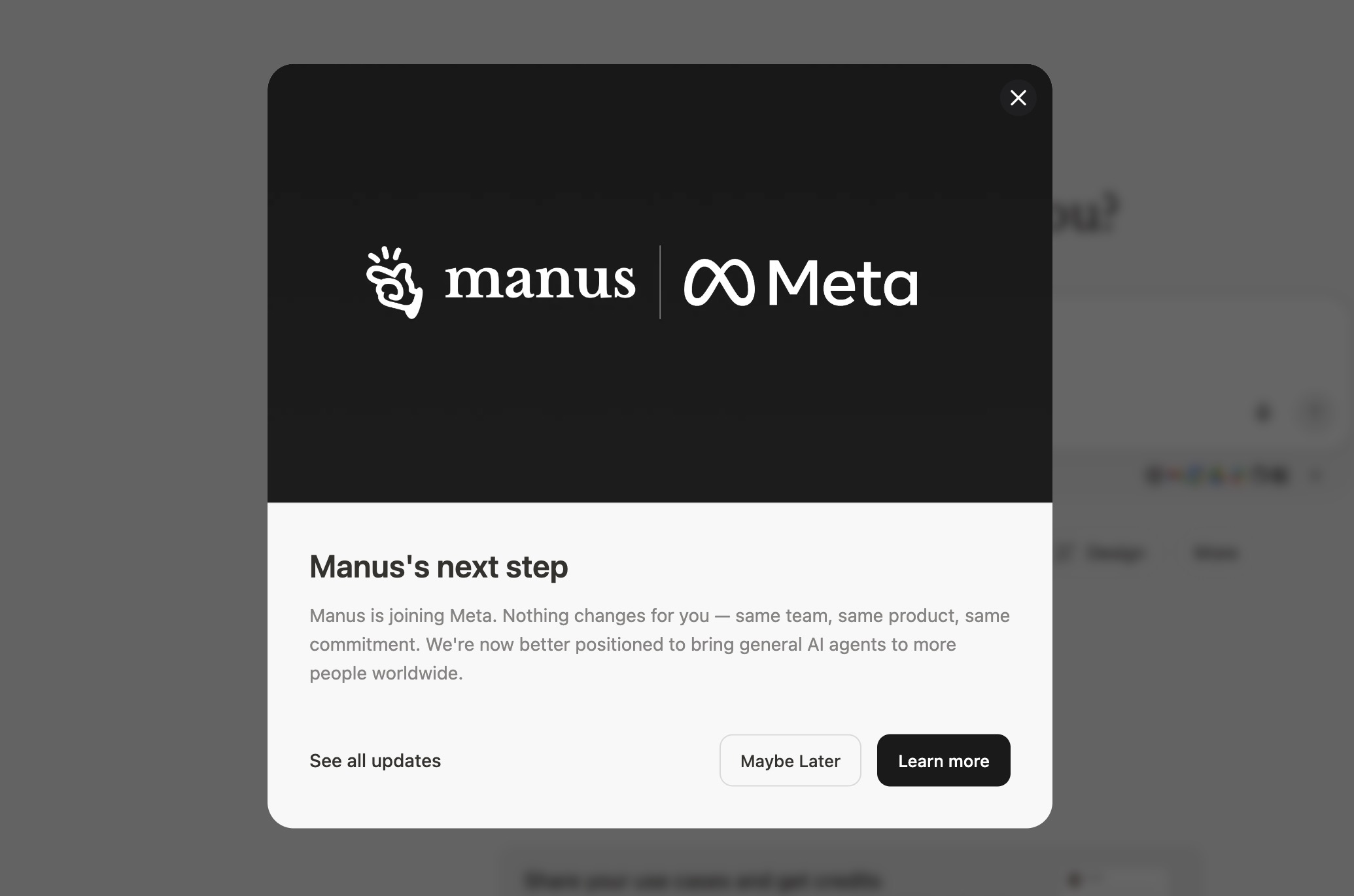I love thinking and writing about AI and its role in gamification and marketing. Both these industries were already evolving at lightning speed, and now AI is adding an exhilarating twist, unlocking innovative strategies and redefining how we engage and connect with audiences.
So in this blogpost I decided to look deeper into the Digital Marketing industry and how AI shaping its future.
As digital marketing continues to evolve with really fast pace. It’s clear that artificial intelligence (AI) is playing an increasingly important role in shaping this already intense industry.
AI is changing the way businesses approach marketing. It does so by providing new tools and techniques for analyzing data, identifying trends, and making informed decisions. From content creation to customer engagement. AI is transforming the way marketers work and helping them to stay ahead of the competition.
One area where AI is having a significant impact is search engine optimization (SEO). By analyzing vast amounts of data, AI algorithms can identify patterns and trends that humans might miss. This allows marketers to make more informed decisions about keyword selection, content creation, and other SEO strategies.
AI can help businesses identify and fix technical issues that might affect their search rankings. Such as broken links or slow page load times.
Another area where AI is making a big impact is social media marketing, by analyzing user behavior and engagement patterns.
AI can help marketers identify the types of content that are most likely to resonate with their audience. This can help businesses create more engaging and effective social media campaigns. Resulting in increased brand awareness, customer engagement, and ultimately, sales.
AI in Digital Marketing: An Overview
The Concept of AI
AI, or Artificial Intelligence, is the technology that enables machines to learn from data and make decisions without human intervention. In digital marketing, AI is used to analyze large amounts of data to gain insights, automate tasks, and improve the overall effectiveness of marketing campaigns.
AI algorithms can process data at a much faster rate than humans.
Aallowing marketers to quickly identify patterns and trends in consumer behavior.
This information can then be used to create more targeted and personalized marketing campaigns. The more personalised, the more likely for them to resonate with consumers.
Role in Digital Marketing
AI is playing an increasingly important role in digital marketing, Many marketers are allready using it to optimize their campaigns and improve their ROI.
Some of the key ways in which AI is being used in digital marketing include:
- Personalization: AI algorithms can analyze data on consumer behaviour. It can then create personalized marketing messages and offers that are more likely to resonate with individual consumers.
- Predictive Analytics: AI can identify patterns and trends, allowing marketers to predict future behavior and adjust their campaigns accordingly.
- Chatbots: can be used to provide customer service and support, allowing marketers to provide a more personalized and responsive experience for their customers.
- Content Optimization: AI can analyze data on consumer behavior and identify the types of content that are most likely to engage and convert customers.
Overall, AI is transforming the way that marketers approach digital marketing, enabling them to create more targeted, personalized, and effective campaigns that deliver better results.
AI and SEO
As AI continues to advance, it is changing the way digital marketers approach Search Engine Optimization (SEO). Here are some of the ways AI is changing SEO:
Keyword Research
AI tools can analyze vast amounts of data to identify the most effective keywords, giving your campaigns an edge in visibility and relevancy.
By analyzing user search patterns, AI can help you identify long-tail keywords that are relevant to your business and have less competition, making it easier for your content to rank higher in search engine results pages (SERPs).
Content Optimization
AI can help you optimize your content by analyzing user behavior and engagement metrics. By analyzing user interactions with your content, AI can help you identify which content performs well and which doesn’t. This can help you create more effective content in the future and improve your overall SEO strategy.
User Experience
AI can help you improve your website’s user experience by analyzing user behavior and engagement metrics. By analyzing user interactions with your website, AI can help you identify areas where your website could be improved, such as page load times, navigation, and overall user experience. This can help you create a better user experience for your customers, which can lead to higher engagement, more conversions, and better SEO results.
In conclusion, AI is changing the way digital marketers approach SEO. By using AI tools to analyze data, optimize content, and improve user experience, you can create more effective SEO campaigns that drive more traffic and generate more leads.
AI and Social Media Marketing
As social media continues to be a key player in the digital marketing landscape, AI has become an increasingly important tool for marketers looking to optimize their social media strategies. AI can help with audience targeting, content creation, and performance analysis, among other things.
Audience Targeting
One of the most significant benefits of AI in social media marketing is its ability to help marketers target their audience more effectively. With AI, marketers can analyze vast amounts of data to identify key characteristics of their target audience, such as demographics, interests, and behaviors. This information can then be used to create more targeted and personalized social media campaigns.
Content Creation
AI can also be used to create more effective and engaging social media content. For example, AI-powered tools can analyze data on past social media posts to identify which types of content perform best with a particular audience. This information can then be used to inform the creation of new content, such as images, videos, or blog posts.
Performance Analysis
Finally, AI can help marketers analyze the performance of their social media campaigns more effectively. AI-powered tools can monitor social media metrics such as engagement rates, click-through rates, and conversion rates in real-time, allowing marketers to quickly identify which campaigns are performing well and which need to be optimized.
In summary, AI has become an essential tool for social media marketers looking to optimize their campaigns. With its ability to help with audience targeting, content creation, and performance analysis, AI can help marketers create more effective and engaging social media campaigns that drive results.
AI and Email Marketing
As email continues to be a powerful marketing tool, AI is making it even more effective. With AI, email marketing can be personalized and automated to increase engagement and conversions. In this section, I will discuss how AI is changing email marketing and the benefits it brings.
Personalization
Personalization is key to effective email marketing. AI helps you personalize emails by analyzing data on customer behavior, preferences, and interests. This enables marketers to create targeted campaigns that resonate with customers and increase engagement.
One way AI can personalize email marketing is through dynamic content. Dynamic content allows marketers to display different content based on the recipient’s location, behavior, or preferences. For example, a customer who has previously purchased a product may receive an email with related products or accessories.
Another way AI can personalize email marketing is through predictive analytics. Predictive analytics uses machine learning algorithms to analyze customer data and predict their future behavior. This enables marketers to send targeted emails that are more likely to convert.
Automation
Automation is another benefit of AI in email marketing. AI can automate email campaigns, saving marketers time and resources. Automated emails can be triggered by specific customer actions, such as signing up for a newsletter or abandoning a cart.
One way AI can automate email marketing is through chatbots. Chatbots can be used to answer customer queries and provide personalized recommendations. This can increase engagement and conversions by providing customers with a seamless experience.
Another way AI can automate email marketing is through email scheduling. AI can analyze customer behavior and determine the best time to send emails. This ensures that emails are sent at the optimal time for maximum engagement and conversions.
In conclusion, AI is transforming email marketing by enabling personalization and automation. By leveraging AI, marketers can create targeted campaigns that resonate with customers and increase engagement. As AI continues to evolve, we can expect even more innovative solutions for email marketing.
AI in Content Marketing
As AI technology continues to evolve, content marketers are finding new ways to leverage it in their strategies. AI can help with everything from content generation to distribution, making it an essential tool for any content marketer.
Content Generation
One of the most significant benefits of AI in content marketing is content generation. AI-powered tools can analyze data and create content that is tailored to a specific audience. This can save content marketers a significant amount of time and resources, as they no longer need to manually create content themselves.
AI-powered content generation tools can also help with SEO. By analyzing search data, these tools can create content that is optimized for specific keywords and phrases. This can help content marketers rank higher in search engine results pages (SERPs) and drive more traffic to their websites.
Content Distribution
AI can also help with content distribution. AI-powered tools can analyze data and determine the best channels to distribute content on. This can help content marketers reach their target audience more effectively and efficiently.
AI-powered tools can also help with personalization. By analyzing user data, these tools can create personalized content recommendations for each user. This can help content marketers build stronger relationships with their audience and drive more engagement.
In conclusion, AI is transforming content marketing in many ways. From content generation to distribution, AI-powered tools are helping content marketers create more effective and efficient strategies. As AI technology continues to evolve, we can expect to see even more innovative uses of AI in content marketing in the future.
AI and PPC Campaigns
As AI continues to transform digital marketing, PPC advertising is one area that has seen significant improvements. AI algorithms can process vast amounts of data and make instant improvements to ad campaigns, saving time and resources while increasing returns on investment. In this section, I will discuss how AI is changing PPC campaigns and the benefits it brings to advertisers.
Bid Management
One of the most significant advantages of AI in PPC advertising is its ability to manage bids effectively. By analyzing data such as user behavior, device, location, and time of day, AI algorithms can make real-time adjustments to bid amounts, ensuring that advertisers get the most out of their budget. AI can also help identify the most profitable keywords and adjust bids accordingly, improving ad performance and increasing ROI.
Ad Optimization
Another area where AI is transforming PPC advertising is ad optimization. AI algorithms can analyze ad performance data and make real-time adjustments to ad copy, images, and targeting to improve ad relevance and performance. By analyzing user behavior and engagement, AI can also identify the best time of day and device type to display ads, ensuring that they reach the right audience at the right time.
In conclusion, AI is transforming PPC advertising by improving bid management and ad optimization. Advertisers can benefit from increased efficiency, improved ad performance, and increased ROI. As AI continues to evolve, it will undoubtedly bring even more benefits to PPC advertising, making it an essential tool for advertisers looking to stay ahead in the digital marketing landscape.
Challenges and Limitations of AI in Digital Marketing
As AI continues to transform the digital marketing landscape, it is important to recognize that there are still challenges and limitations associated with its use. In this section, I will discuss two of the most significant challenges facing marketers who are looking to implement AI into their digital marketing strategies.
Data Privacy Issues
One of the biggest challenges facing marketers who are looking to implement AI into their digital marketing strategies is data privacy. With the increasing amount of data that is being collected by companies, there is a growing concern among consumers about how their personal information is being used.
AI algorithms rely heavily on data to function effectively, and this data often includes sensitive information about consumers. Marketers need to be aware of the potential risks associated with collecting and using this data, and take steps to ensure that they are following best practices when it comes to data privacy.
To address these concerns, marketers should be transparent about how they are collecting and using consumer data. They should also implement strong data security measures to protect this data from unauthorized access or theft.
Lack of Human Touch
Another challenge facing marketers who are looking to implement AI into their digital marketing strategies is the lack of human touch. While AI can be incredibly powerful when it comes to analyzing data and making predictions, it lacks the human touch that is necessary to build strong relationships with customers.
AI algorithms are designed to analyze data and make decisions based on that data, but they are not able to understand the nuances of human behavior or emotions. This can make it difficult for marketers to build strong, lasting relationships with their customers.
To address this challenge, marketers should focus on using AI to complement, rather than replace, human interactions with customers. They should also invest in training their employees to use AI effectively, and to develop the soft skills that are necessary to build strong relationships with customers.
Overall, while AI has the potential to transform the digital marketing landscape, there are still challenges and limitations associated with its use. Marketers who are looking to implement AI into their digital marketing strategies need to be aware of these challenges, and take steps to address them in order to maximize the benefits of this powerful technology.
Future Prospects of AI in Digital Marketing
As AI continues to evolve, its impact on digital marketing is expected to grow exponentially. Here are some potential future prospects of AI in digital marketing:
Personalization
One of the biggest benefits of AI in digital marketing is its ability to personalize content and advertising to individual users. By analyzing data on user behavior and preferences, AI can create targeted content and ads that are more likely to resonate with each user. This not only improves the user experience, but it can also lead to higher conversion rates and increased revenue for businesses.
Chatbots
Chatbots are becoming increasingly popular as a way for businesses to provide customer service and support. With AI, chatbots can be programmed to understand and respond to natural language queries, making them more effective at resolving customer issues. As AI technology continues to improve, chatbots are likely to become even more sophisticated, providing users with a more human-like experience.
Predictive Analytics
AI can also be used to analyze large amounts of data to identify patterns and make predictions about future trends. This can be especially useful in digital marketing, where businesses can use predictive analytics to identify potential customers and target them with personalized content and ads. By using AI to analyze data, businesses can make more informed decisions about marketing strategies and improve their overall ROI.
Voice Search
As voice assistants like Siri and Alexa become more popular, businesses are beginning to optimize their content for voice search. With AI, businesses can analyze data on how users interact with voice assistants and optimize their content to provide the best possible experience. This includes creating content that is more conversational in tone and optimizing for long-tail keywords that are more likely to be used in voice search queries.
Overall, the future prospects of AI in digital marketing are exciting. As AI technology continues to evolve, businesses will have even more opportunities to create personalized experiences for their customers and improve their overall marketing strategies.
Key Takeaways
- AI is transforming the way marketers approach digital marketing, providing new tools and techniques for analyzing data and making informed decisions.
- AI is having a significant impact on SEO, helping businesses to identify patterns and trends that might be missed by humans, and fixing technical issues that might be affecting search rankings.
- AI is also making a big impact on social media marketing, helping businesses to create more engaging and effective campaigns by analyzing user behavior and engagement patterns.
Frequently Asked Questions
What are some ways that AI is currently being used in digital marketing?
AI in digital marketing is used in various ways. One of the most common uses is in predictive analytics, where AI algorithms analyze data to identify patterns and predict future outcomes. AI is also being used for natural language processing (NLP), which helps businesses understand and respond to customer inquiries and feedback.
Additionally, AI is being used to automate various marketing tasks such as email campaigns, social media posts, and ad targeting.
Can AI help businesses improve their marketing strategies?
Yes, AI can help businesses improve their marketing strategies by providing insights into customer behavior and preferences. AI algorithms can analyze vast amounts of data to identify patterns and trends, which can help businesses create more targeted and personalized marketing campaigns. AI can also help businesses optimize their advertising spend by identifying the most effective channels and audience segments.
What are some benefits of using AI in digital marketing?
There are several benefits of using AI in digital marketing. One of the biggest benefits is improved efficiency and accuracy. AI can automate many marketing tasks, reducing the workload for marketers and minimizing the risk of human error. AI can also help businesses identify new opportunities and optimize their marketing strategies to achieve better results. Additionally, AI can help businesses provide more personalized experiences for their customers, which can lead to increased loyalty and sales.
How is AI changing the way businesses approach customer targeting and personalization?
AI is changing the way businesses approach customer targeting and personalization by providing more accurate and granular insights into customer behavior and preferences. AI algorithms can analyze vast amounts of data to identify patterns and trends, which can help businesses create more targeted and personalized marketing campaigns. Additionally, AI can help businesses automate the process of personalization, making it more efficient and effective.
What impact will AI have on the future of digital marketing?
AI is expected to have a significant impact on the future of digital marketing. As AI continues to develop and improve, businesses will be able to create more targeted and personalized marketing campaigns, leading to increased customer engagement and loyalty. AI will also enable businesses to optimize their advertising spend, reducing waste and maximizing ROI. Additionally, AI will likely lead to the development of new marketing channels and strategies, as businesses seek to take advantage of the latest technology.
Are there any potential drawbacks to relying on AI for digital marketing?
While AI can offer many benefits for digital marketing, there are also potential drawbacks to relying on it too heavily. One potential drawback is the risk of over-reliance on automation, which can lead to a loss of creativity and human touch in marketing campaigns. Additionally, AI algorithms can be biased or inaccurate if they are not trained properly, which can lead to ineffective or even harmful marketing campaigns. Finally, there is a risk of data privacy violations if AI algorithms are not properly secured and monitored.





